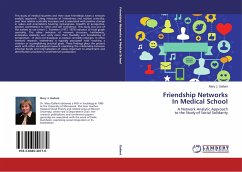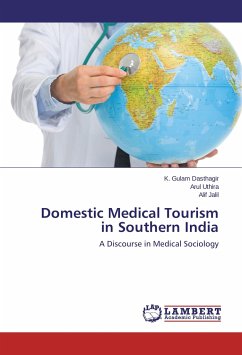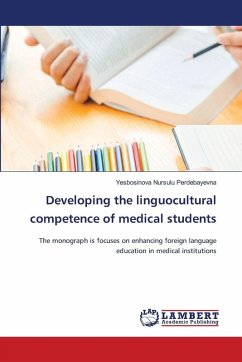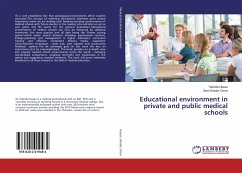
Friendship Networks In Medical School
A Network Analytic Approach to the Study of Social Solidarity
Versandkostenfrei!
Versandfertig in 6-10 Tagen
28,99 €
inkl. MwSt.

PAYBACK Punkte
14 °P sammeln!
This study of medical students and their close friendships takes a network analytic approach. Using measures of knittedness and relative centrality, over time relative centrality increases and is associated with positive change in values and orientations favoring inclusiveness, breadth of perspective, positive commitment to ethics and self confidence. This study was one of the earliest to use Linton C. Freeman's (1977; 1979) indicator of total graph centrality. The other indicator of network structure, knittedness, anticipates solidarity and unity more than flexibility and broadening of perspe...
This study of medical students and their close friendships takes a network analytic approach. Using measures of knittedness and relative centrality, over time relative centrality increases and is associated with positive change in values and orientations favoring inclusiveness, breadth of perspective, positive commitment to ethics and self confidence. This study was one of the earliest to use Linton C. Freeman's (1977; 1979) indicator of total graph centrality. The other indicator of network structure, knittedness, anticipates solidarity and unity more than flexibility and broadening of perspectives. --It does not disappear as relative centrality emerges. In other network research, knittedness is typically associated with reaching a criterion or accomplishing practical goals. These findings place the present work with other sociological research examining the relationship between informal bonds and internalization of values important to attachment and identification processes in professional socialization.












